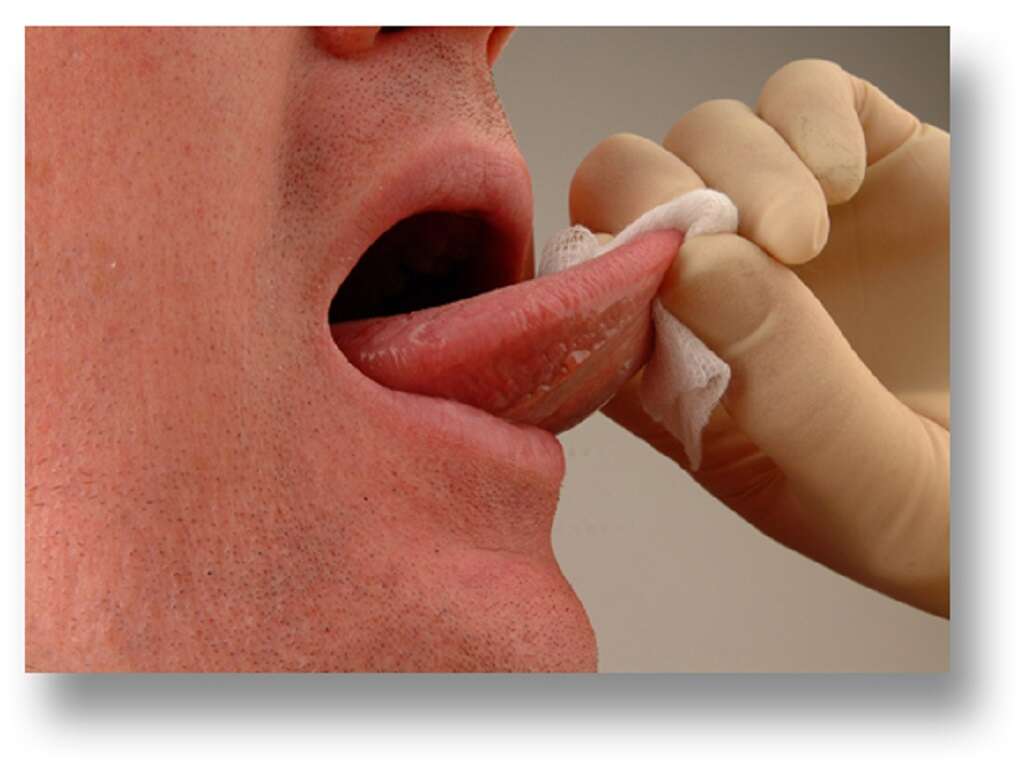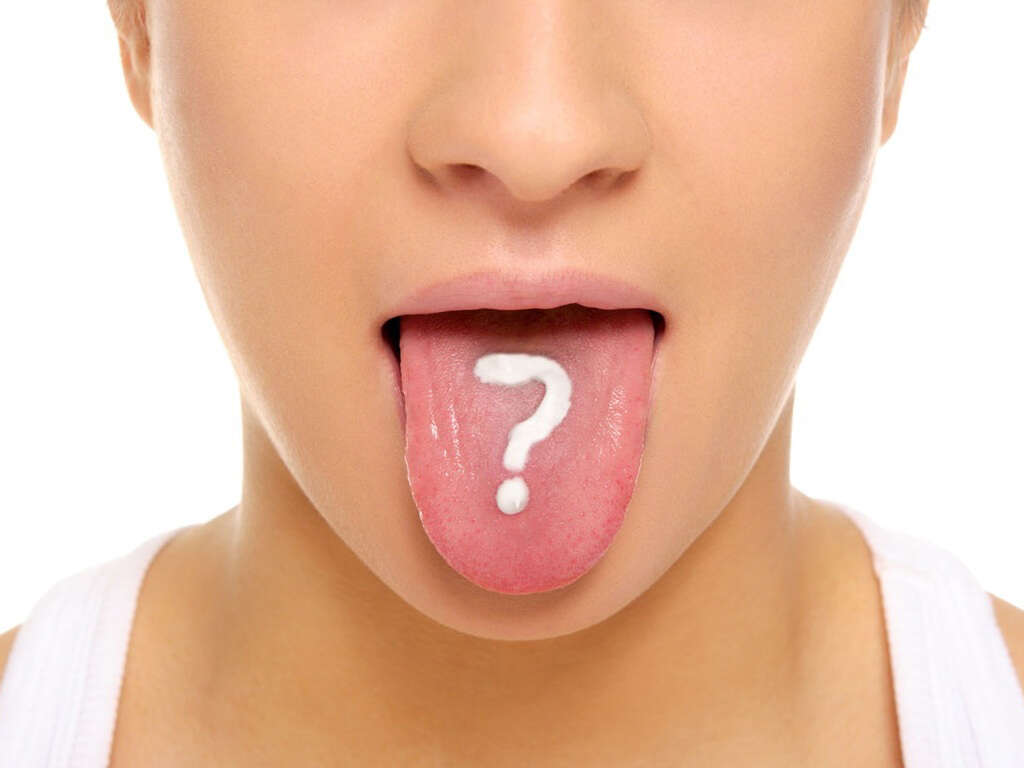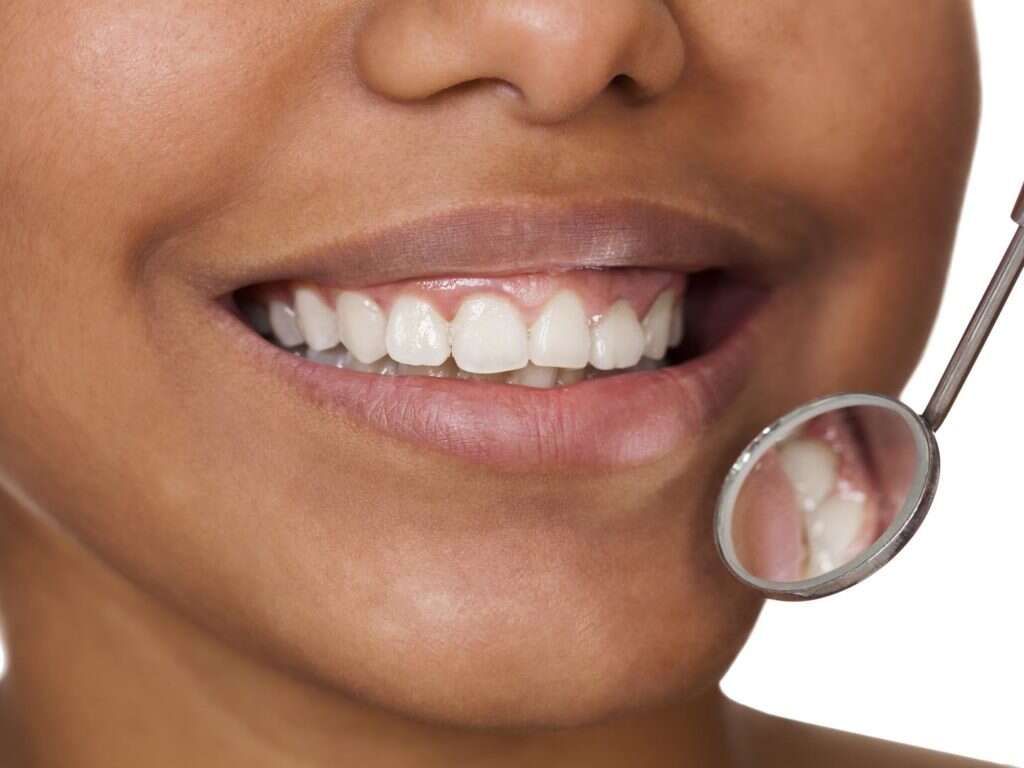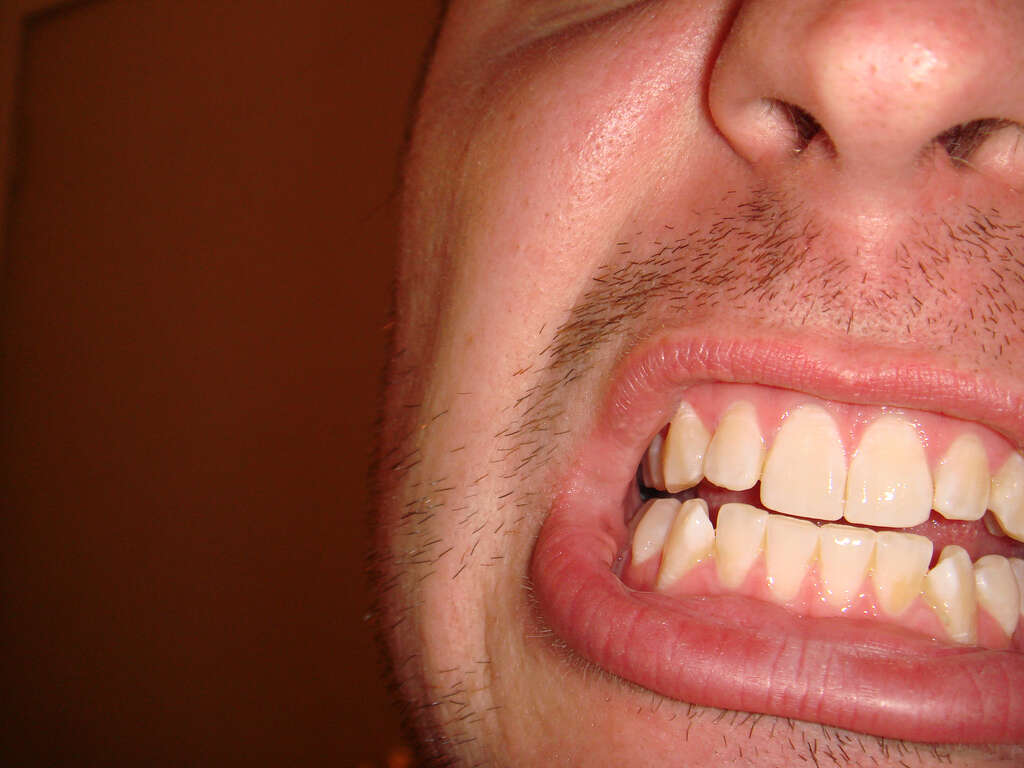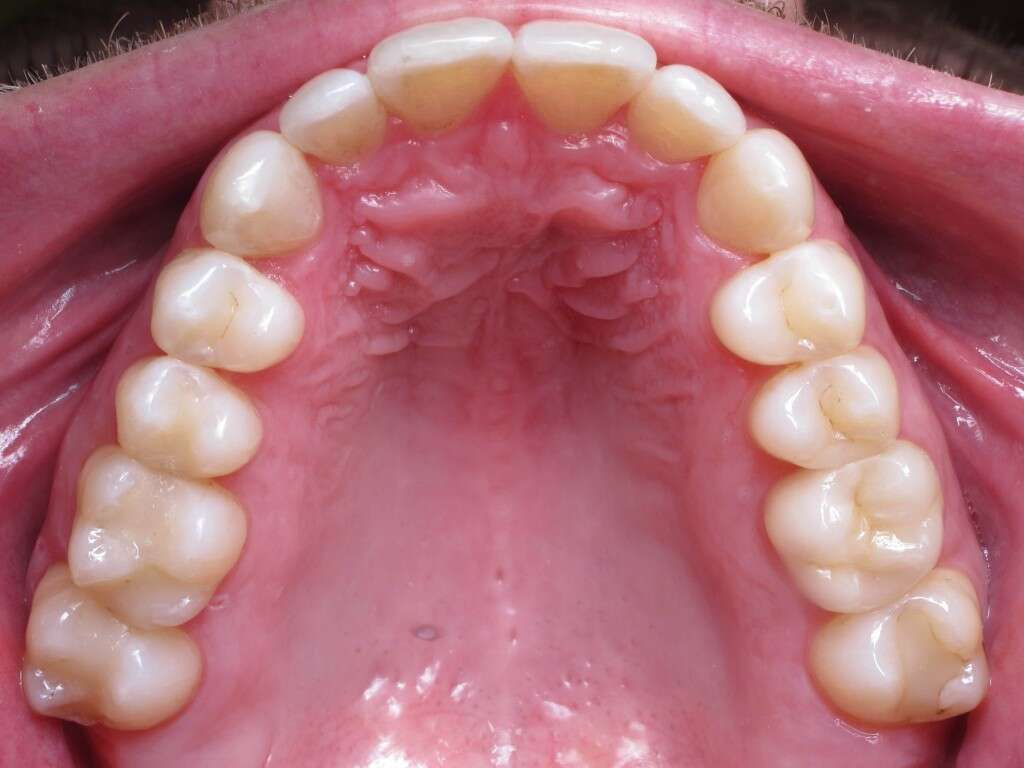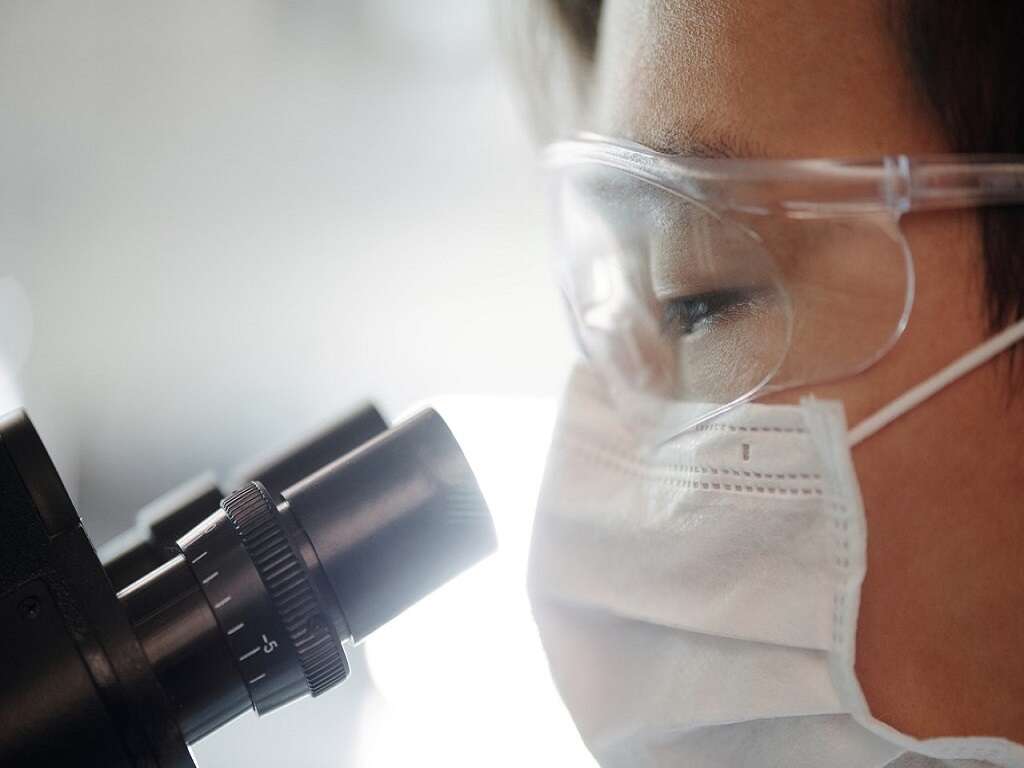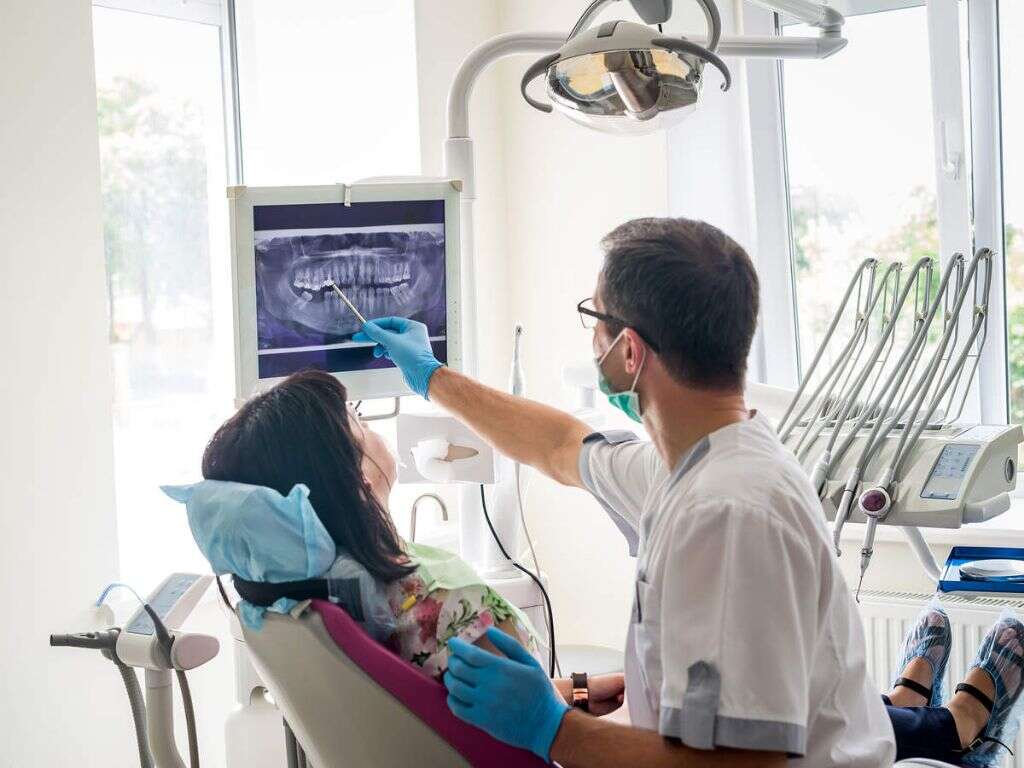10 Jaw Cancer Symptoms
 Article Sources
Article Sources
- 1. Rivera, César. 'Essentials of oral cancer.' _International journal of clinical and experimental pathology_ vol. 8,9 11884-9 4: 1 Sep. 2015
- 2. 'Oral Cancer.' _National Institute of Dental and Craniofacial Research_, U.S. Department of Health and Human Services, July 2018, www.nidcr.nih.gov/health-info/oral-cancer/more-info.
- 3. 'Jaw Tumors and Cysts.' _Mayo Clinic_, Mayo Foundation for Medical Education and Research, 11 Dec. 2018, www.mayoclinic.org/diseases-conditions/jaw-tumors-cysts/symptoms-causes/syc-20350973.
- 4. Scully, C, and S Porter. 'Oral cancer.' _The Western journal of medicine_ vol. 174,5 (2001): 348-5 1: doi:10.1136/ewjm.174.5.348
- 5. Aerden, Thomas et al. 'Numb chin syndrome as a sign of mandibular metastasis: A case report.' _International journal of surgery case reports_ vol. 31 (2017): 68-7 1: doi:10.1016/j.ijscr.2017.01.001
- 6. 'Changes in Your Speech.' _Changes in Your Speech | Mouth Cancer | Cancer Research UK_, Cancer Research UK, 11 May 2018, www.cancerresearchuk.org/about-cancer/mouth-cancer/living-with/changes-speech.
3. Mouth Lesions
Lesions in the mouth are among the most common symptoms of oral cancer and are usually the first symptom noticed by patients and doctors alike.1Rivera, César. ‘Essentials of oral cancer.’ International journal of clinical and experimental pathology vol. 8,9 11884-9 4: 1 Sep. 2015 Lesions can occur almost anywhere in the mouth, including the gums, tongue, roof of the mouth and cheek linings.
Lesions can have a number of visual appearances and be white, pink or red. These lesions can be painful or uncomfortable, or they may not be felt at all.
Advertisement
